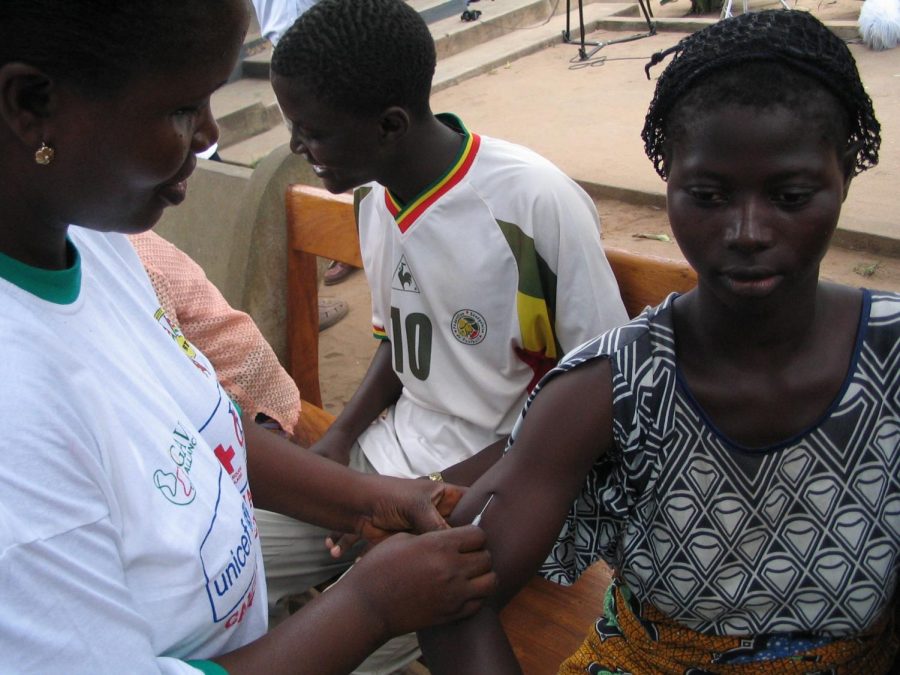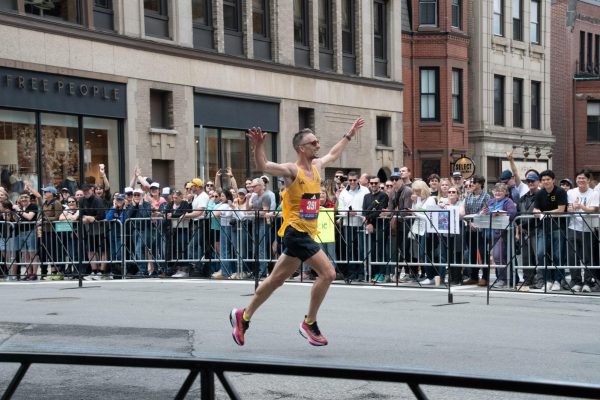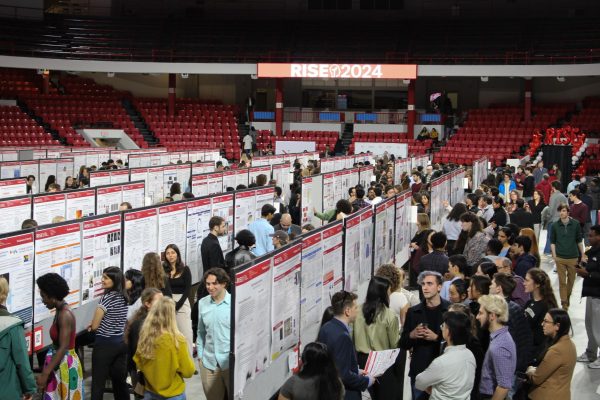Op-ed: Vaccine hoarding dangerously impacts everyone
"Vaccination drive in Africa" by Sanofi Pasteur is licensed under CC BY-NC-ND 2.0
The United States needs to play a greater role in distributing COVID-19 vaccines to those who need them internationally.
November 29, 2021
Since the beginning of the COVID-19 pandemic, health officials touted the idea of a high-efficacy vaccine that could combat the deadly illness’ spread through the global population. Nearly two years into the pandemic, various vaccines have been developed and distributed with varying success. With nearly 60% of the United States vaccinated, it would be more beneficial to the global community for high-income nations to distribute doses overseas to low-income countries in order to mitigate the global effects of the pandemic.
Amid both domestic and international pressure, the United States is ramping up vaccine exports to help other countries battle the coronavirus. In June, the Biden administration committed to sending at least 80 million doses of vaccines to various countries throughout the world. Biden’s increase in vaccine sharing is not just meant to protect global public health — it is also a logical step given the stockpile of shots the United States possesses. Rough estimates suggest that 15 million doses of COVID-19 vaccines have gone to waste in the United States since March. The problems regarding the irrational hoarding of vaccines within the United States and other countries are further highlighted by the reality that these vaccines have an expiration date. The improvident and uneconomic practice of vaccine hoarding exacerbates the effects of the pandemic on low-income countries. This propagates a deadly cycle of socioeconomic and global health inequity, hindering the ability for low-income countries to combat the COVID-19 pandemic. In turn, the shutdowns caused by the poorly controlled pandemic serve to further damage the economy of already underperforming nations.
The World Health Organization, or WHO, cites various causes for health inequities, most of which are pre-existing socioeconomic conditions that create dire consequences for the citizens of economically underdeveloped countries. Education, employment, income, gender and ethnicity are known determinants of healthcare accessibility. We live in a highly connected world, and consequently the return to pre-pandemic normalcy will require global cooperation. As such, the equitable allocation of vaccines may very well be the key to prevent further variations of the coronavirus from appearing.
It is also important to consider the availability of hospitals and healthcare professionals in low-income countries. Many low-income nations lack intensive care units to accommodate the influx of COVID-19 patients. These countries also lack systems of reporting and overseeing the national availability of ICU beds. Clinical evidence suggests that vaccination against COVID-19 has a strong effect on diminishing hospitalization rates. Lower hospitalization rates relieve pressure on the already weak healthcare systems of low-income countries, allowing regular hospital functions to resume.
On the other hand, there are those who would suggest the United States should not export its vaccines. The United States missed its goal of achieving a 70% adult vaccination rate by Independence Day, and the rate of vaccination has remained low since its highest peak in April. Many communities around the country, especially rural areas, have strikingly low vaccination rates as compared to urban areas. However, pockets of low vaccination in the United States are not comparable to nationally low vaccination rates in low-income nations. Public health officials in the U.S. are battling against vaccine hesitancy, whereas leaders of underdeveloped countries are battling poverty and vaccine shortages. Domestically, low demand is the cause of low vaccination rates; internationally, the cause is low supply.
As citizens of a wealthy and globally powerful country, it is our responsibility to advocate for vaccine sharing. The COVID-19 pandemic is a humanitarian and economic cataclysm that can only be brought to heel with appropriate global vaccine allocation. Advocacy is a cornerstone of ensuring that the United States continues to export vaccines to nations that lack the funding and resources to manage the pandemic on their own.
A pre-existing state of global health inequity compounded by the hoarding of vaccines by wealthy countries created the foundation for the disproportional hardships felt by low-income countries worldwide. These effects can only be remedied by exporting COVID-19 vaccines to populations whose vaccination numbers are significantly below the WHO’s 70% vaccination target. Northeastern University students and faculty can aid in the fight for global vaccine equity by contacting their representatives or simply spreading awareness on the issue of global vaccine distribution. We must advocate for action, as it is paramount to hold the governments of high-income countries accountable for their humanitarian promises.
Gabriel Holder is a first-year behavioral neuroscience major. He can be reached at [email protected].


















